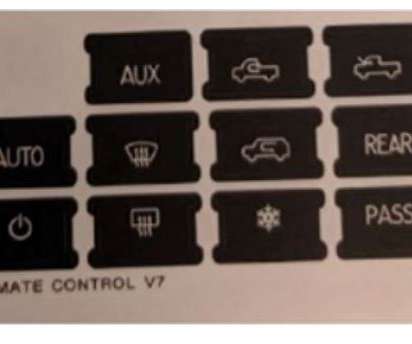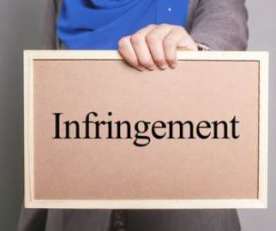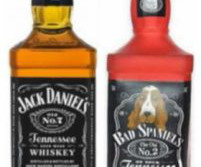A 512(f) Plaintiff Wins at Trial! ??–Alper Automotive v. Day to Day Imports
Technology & Marketing Law Blog
DECEMBER 15, 2021
To my knowledge, the only litigated case that resulted in a 512(f) win was Online Policy Group v. This is the initial copying design (without of the background graphics in the precedent work): The copyright registrant alleged this copying design constituted copyright infringement. The registrant counternoticed each time.












Let's personalize your content